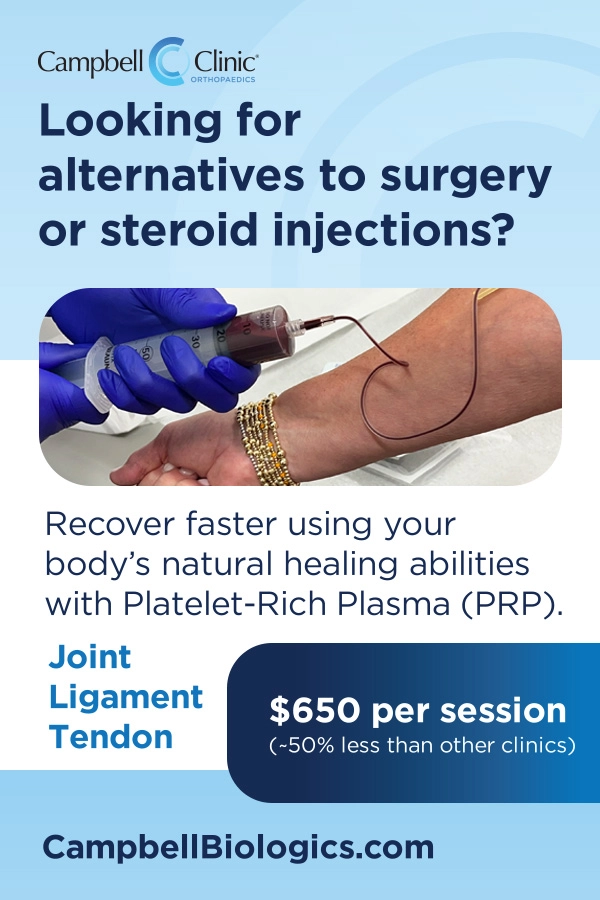Here’s what you need to know to eat for better health.
A busy schedule can make it seem difficult to have healthier eating habits. It makes convenient foods appealing, even when you know they aren’t the healthiest option.
As a primary care provider, I educate patients on how certain foods impact their physical condition. The goal of educating patients on which foods to avoid is to help them make healthier choices that improve their overall health.
Because they are tasty, handy, and reasonably priced, ultra-processed foods are a popular choice.
Highly manufactured goods that have undergone substantial industrial processing are referred to as ultra-processed foods. They are heavy in sugar, salt, and saturated fat.
Consuming highly processed meals reduces the amount of space in our diets for foods that are higher in nutrients. Additionally, it has been suggested that these food additives may be responsible for negative health effects.
Ultra-processed meals could increase the risk of heart disease, diabetes, cancer, fatty liver, obesity, and other health issues. They may also contribute to cognitive decline, anxiety, and depression.
The most common ultra-processed foods include:
- Deli meats, frozen chicken nuggets, frozen meals, and hotdogs
- Cookies, cakes, pastries, chips, ice cream, and other frozen desserts
- Yogurt with flavorings and processed cheese
- Cola, soda, and other carbonated soft drinks
- Instant mashed potatoes
- Energy and sports drinks
- Breakfast cereals, bars, and packaged bread • Sweetened juices
I talk to patients about how they can steer away from highly processed foods. Here’s my advice:
Read food labels
Ultra-processed goods often have a long list of ingredients. If several ingredients are unfamiliar to you, it may indicate extensive processing.
Cook at home
Using whole foods in your home cooking is essential. That entails purchasing fresh produce and cooking it yourself. Selecting foods that don’t require labels, like fresh fruit, vegetables, dried legumes, and whole grains, is the best course of action. Pay attention to packaged foods that are primarily whole foods with little additional ingredients, such as canned beans, canned salmon, and frozen fruits and vegetables.
Make small changes
Eliminating all processed or ultra-processed foods is generally impractical. Since each person is unique, consider where you can begin to make improvements. Start with small changes by swapping the amount of ultra-processed foods in your diet. Here are some examples:
- Oat groats (whole oats) or steel-cut oats sweetened with honey instead of sweetened breakfast cereal
- Water with fruit slices instead of soda
- Fresh whole potatoes instead of mashed potato flakes
- Homemade wheat bread instead of white bread
- Plain yogurt with your own chopped fruit instead of flavored yogurt
Consult your primary care provider about ultra-processed foods. Together, you can identify some clear, achievable objectives. Additionally, your provider might be able to recommend tools to help you implement and maintain lifestyle modifications.
Fundamental knowledge of nutrition science will enable you to choose foods wisely for improved general health. With a referral from a Regional One Health primary care provider, Regional One Health offers a “Nutrition 101” class on the first Wednesday of each month.
Merkita Lester, MSN, APRN, FNP-C, is a family nurse practitioner at Regional One Health. She sees patients at Primary Care Specialists, 3109 Walnut Grove Road. For appointments, call 901.515.4800.
By Merkita Lester, MSN, APRN, FNP-C










